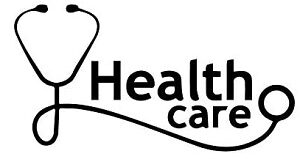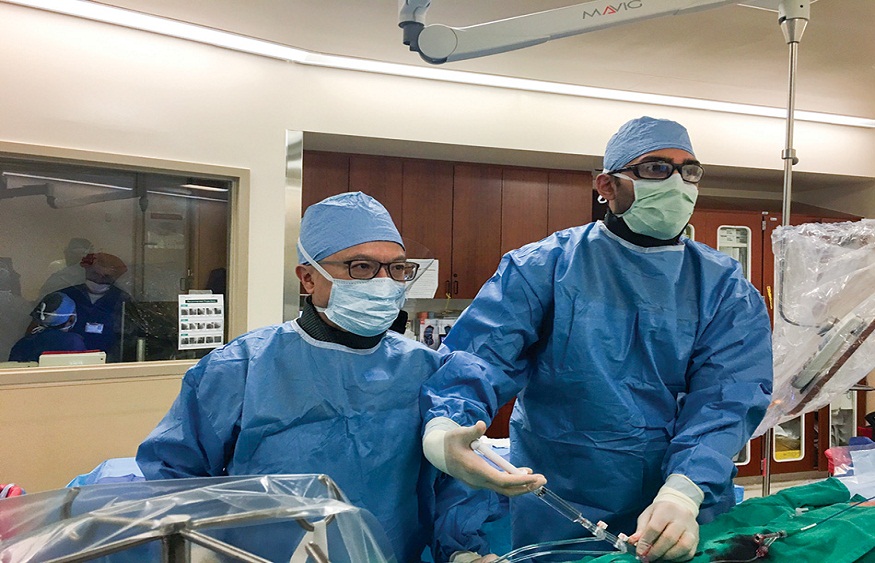Heart disease can come into our lives like an unwelcome guest. Some of us are born with it, known as congenital heart disease. Others develop it over time, known as acquired heart disease. But what’s the difference? As a cardiologist using the davie medicare patient navigation, I’ll shed some light on it. In this blog, we’ll delve into the intricacies of these two categories. This will help us understand them better and take necessary precautions.
Congenital Heart Disease: Born, Not Made
Congenital heart disease is present at birth. It happens when the heart or blood vessels near the heart don’t develop normally before birth. It’s not about lifestyle or aging. It’s a design issue.
With congenital heart disease, the problems can be varied. There might be holes in the heart, narrowed or leaky valves, or more complex conditions. These issues can change the normal flow of blood through the heart. The severity can range from simple defects that cause no symptoms to complex abnormalities that are life-threatening.
Acquired Heart Disease: The Price of Time
Acquired heart diseases are diseases that people were not born with. They develop at some point during their lives. These diseases are often related to aging, lifestyle, or other diseases. For instance, coronary artery disease, the most common type of heart disease in adults, can result from a poor diet or lack of exercise.
Factors like high blood pressure, smoking, diabetes, and high cholesterol can also lead to acquired heart disease. A focus on risk factor control can help prevent these conditions from developing.
The Comparison: Congenital Vs Acquired Heart Diseases
The table below gives a comparison between congenital and acquired heart diseases:
| Type | Onset | Causes | Treatment |
| Congenital Heart Disease | At birth | Genetic or developmental issues | Surgery, medication, lifestyle changes |
| Acquired Heart Disease | Anytime in life | Lifestyle, aging, other diseases | Medication, lifestyle changes, sometimes surgery |
Both congenital and acquired heart diseases can have serious consequences. But they can be managed. With early detection and proper treatment, many people with these conditions can lead full and active lives.
Remember, heart health is in our hands. Let’s take good care of it.




